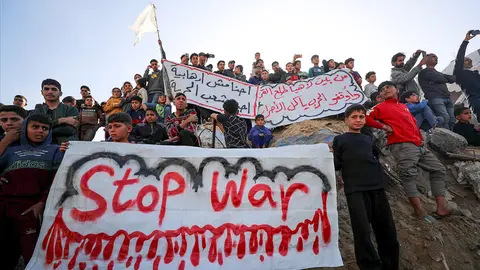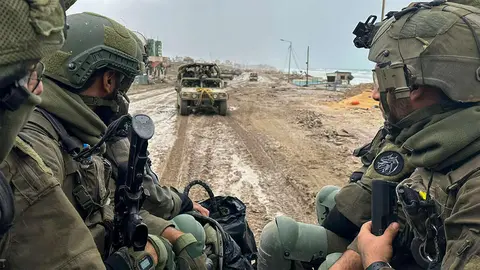Hamas rejects Israel's latest offer to achieve a ceasefire in Gaza
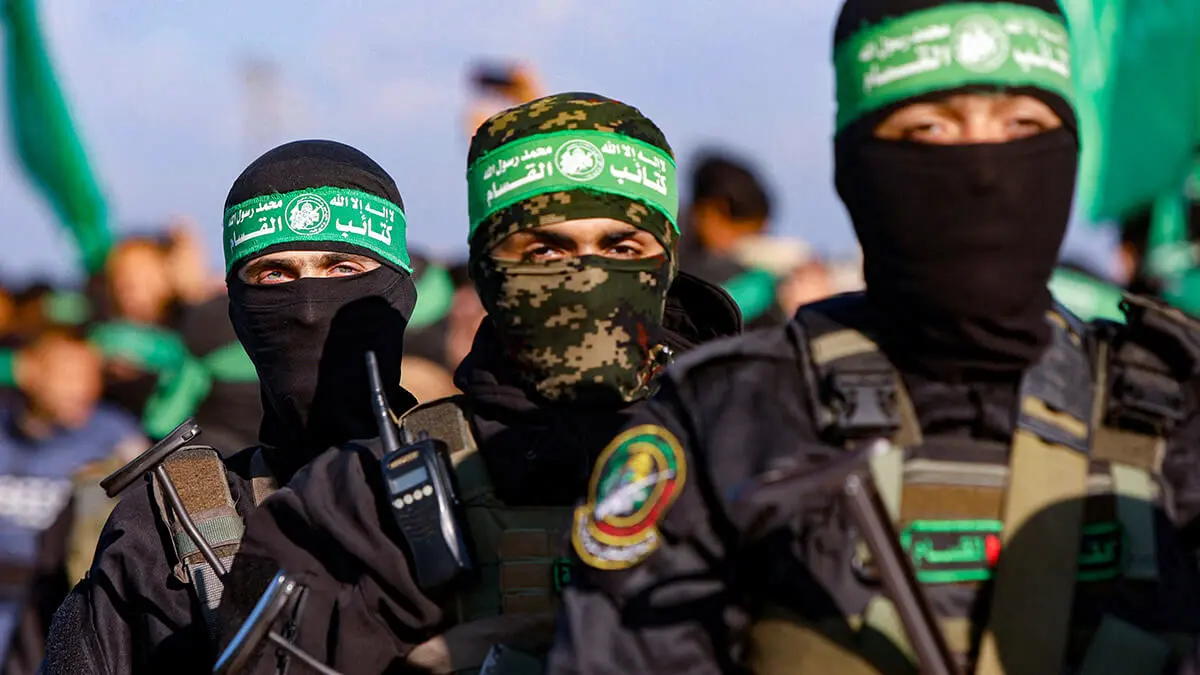
In a turn of events that adds further tension to the already difficult negotiations for a ceasefire in Gaza, Hamas has rejected Israel's latest proposal, transmitted through the mediators.
The Palestinian group has decided ‘not to get involved or respond’ to the latest Israeli proposal, accusing the Israeli government of ‘disrupting the Egyptian-Qatari proposal and derailing any agreement,’ a member of the organisation told AFP.
Last week, Israel presented the mediators with a counter-proposal in coordination with the United States after Hamas accepted a plan it received from Egypt and Qatar that included the release of five Israeli hostages in exchange for hundreds of Palestinian prisoners.
Israel's offer envisages the release of 10 Israeli hostages, including the Israeli-American Edan Alexander, in exchange for 120 Palestinian prisoners sentenced to life imprisonment and 1,111 detainees from Gaza. In addition, Israel requested the return of 16 deceased hostages in exchange for 160 Palestinian corpses. According to Israeli estimates, there are still 59 hostages in Gaza, including 24 alive and 35 dead.
The Israeli proposal limited the agreement to 40 days, and negotiations on the new terms were to begin on the second day of the ceasefire. In addition, Hamas is required to reveal, after five days, information on the status of all the hostages, whether they are alive or dead.
According to Ynet, Israel imposed the dismantling of Hamas's military capacity and a refusal to withdraw its forces from Gaza as preconditions for any future negotiations.
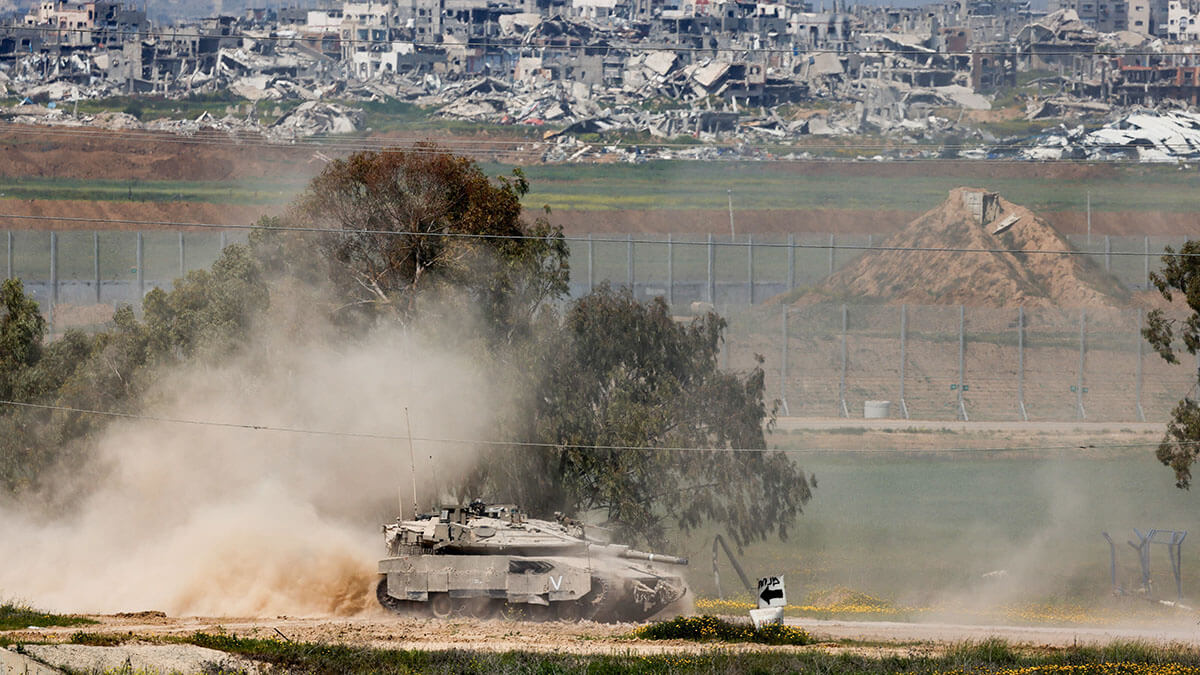
It also demanded an international mechanism to guarantee that humanitarian aid reaches only the civilian population of the Palestinian enclave, as Hamas has been accused of looting this aid and distributing it only among people linked to the terrorist group.
Israel believes that the logistical and humanitarian blockade imposed on Gaza, together with the military pressure, has begun to take its toll on Hamas. Jerusalem has also warned the Palestinian group, through mediators, that if it does not respond quickly to this proposal the pressure will intensify, increasing the security zones in Gaza and the logistical blockade.
In this sense, Israel has threatened to increase the military manoeuvres on land in the Gaza Strip, including the taking of new territory, and to increase the attacks if Hamas rejects this proposal.
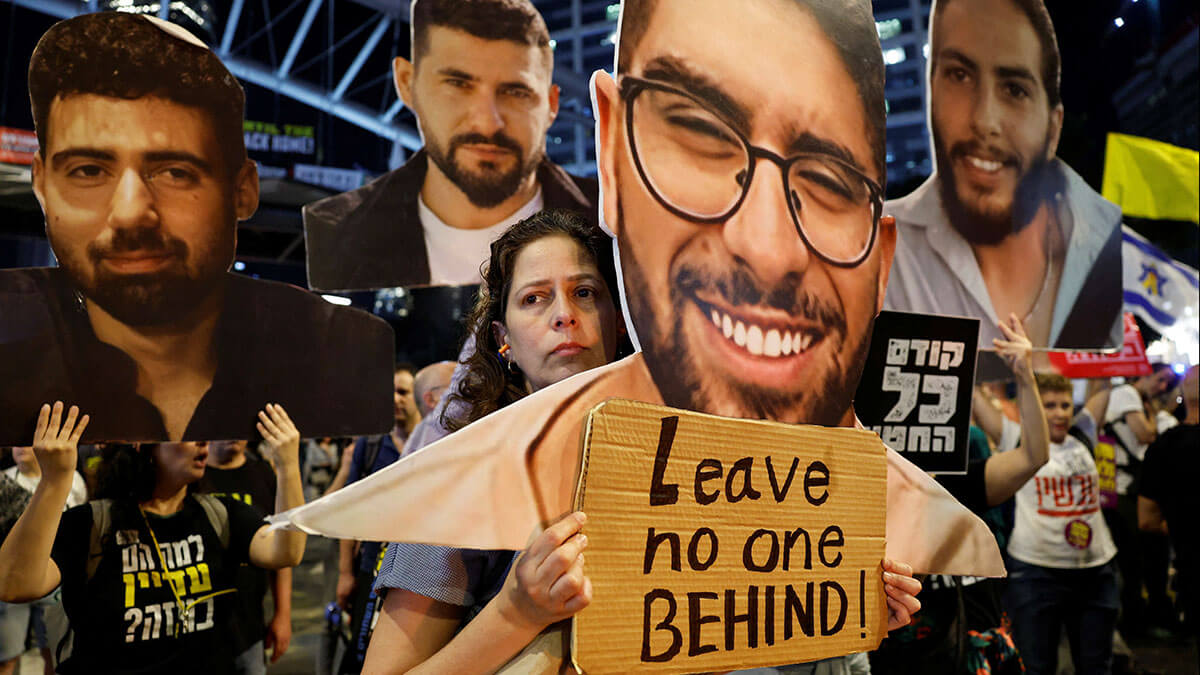
For the moment, the Israel Defence Forces have expanded their ground operation in southern Gaza, targeting the corridor between the cities of Rafah and Khan Yunis in what the Israeli authorities described as a significant move aimed at pressuring Hamas and securing the release of hostages.
This operation includes new actions around the so-called ‘Morag Corridor’, a route along which Israeli forces have already operated in the past. According to the army, the objective is to divide Hamas' Rafah Brigade and take control of areas where the troops have not yet arrived.
Last night in the Gaza Strip, we switched gears. The IDF is seizing territory, striking the terrorists and destroying the infrastructure.
— Prime Minister of Israel (@IsraeliPM) April 2, 2025
We are also doing something else: We are seizing the Morag Corridor. This will be the second Philadelphi, an additional Philadelphi Corridor. pic.twitter.com/10wriyHbzw
Prime Minister Benjamin Netanyahu described this advance as the creation of a ‘second Philadelphia Corridor’, referring to a narrow strip of land that extends along the border between Egypt and Gaza, indicating its strategic importance. ‘We are now crossing the Strip’, he declared.
On the other hand, since midnight the Israeli Air Force has attacked approximately 60 targets in Gaza, including arms depots and terrorist infrastructure.

